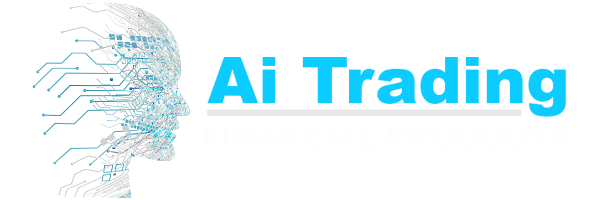Automation and technological breakthroughs are driving an unparalleled rate of change in the workplace. These technological advancements, which include robotic process automation (RPA), artificial intelligence (AI), and machine learning, are changing industries and how we operate. The future of work and automation will be thoroughly examined in this in-depth piece, along with its implications for jobs, markets, and the global labor force.
Automation’s Impact on Jobs
- The Automation Spectrum: The phenomenon of automation is not all-or-nothing. There is a continuum that extends from routine, repetitive tasks to difficult decision-making procedures. While high-level automation focuses on cognitive tasks, low-level automation often replaces repetitive tasks. According to a McKinsey study, only around 5% of employment can be completely automated, while roughly 50% of existing work activities could be.
- Automation has the ability to replace certain jobs while simultaneously creating new ones, which is referred to as job displacement vs. job enhancement. For instance, there is an increasing need for data scientists and analysts to evaluate the results as data analysis operations become automated. Focusing on reskilling and upskilling is essential in preparing the workforce for this transformation.
Industry-Specific Impacts
- Manufacturing and robotics: Automation has long been a stronghold in the manufacturing industry. The efficiency, accuracy, and production have all grown as a result of the integration of robotics and automation technology. Cobots, or collaborative robots, are now used in workplaces alongside people to increase efficiency and safety.
- Healthcare and Telemedicine: Robotic surgery, AI-driven diagnostics, and telemedicine are examples of how automation has permeated the healthcare industry. These innovations are improving patient care, cutting costs, and closing access gaps to healthcare.
- Retail and e-commerce: The e-commerce warehouses in particular have seen a rise in automation within the retail sector. Operations are being streamlined, customer experiences are being improved, and the retail environment is changing thanks to automated order fulfillment systems and chatbots for customer assistance.
Emerging Technologies
- Machine learning and artificial intelligence (AI): These two technologies are at the forefront of automation. They are revolutionizing customer service, content personalization, and decision-making processes in a variety of businesses by powering chatbots, virtual assistants, and recommendation engines.
- Internet of Things (IoT): The IoT enables the collection and exchange of data from commonplace objects by connecting them to the internet. By automating procedures, maximizing resource use, and enhancing general efficiency, this technology is changing sectors like agriculture, logistics, and smart cities.
- Blockchain and smart contracts: Trust and verification procedures are being automated by blockchain technology and smart contracts. By eliminating fraud, raising transparency, and speeding up transactions, they are making strides in sectors including finance, supply chain management, and real estate.
The Changing Work Environment
- Digital nomadism and remote work: The COVID-19 pandemic hastened the trend to remote work. Digital nomadism is on the rise as technology makes it possible for workers to work wherever they are. Urban planning, transportation, and work-life balance are all impacted by this trend.
- Freelancing and the Gig Economy: As platforms like Uber, Airbnb, and Upwork make it easier to work as a freelancer, the gig economy is growing. Automation is helping to manage schedules, find possibilities for gig workers, and ensure fair compensation.
Preparing for the Future
- Upskilling and reskilling: People and organizations alike must engage in ongoing education if they want to succeed in the automated future. Programs for reskilling and upskilling are necessary to give the workforce the skills required for occupations of the future.
- Collaboration between Humans and Machines: Humans and machines will not compete against one another in the future of work. The finest outcomes come from their cooperation, which is frequently referred to as “augmented intelligence.” While machines handle data processing and monotonous jobs, people bring creativity, empathy, and critical thinking to the table.
Summary
Every element of our existence is impacted by the topic of the future of employment and automation, which is intricate and multifaceted. Even if automation is changing sectors and job responsibilities, it also offers room for expansion and creativity. Individuals and companies must embrace technology, adjust to new methods of working, and place a priority on lifelong learning if they want to succeed in this fast-changing environment. Even though the future is mechanized, there are countless opportunities for those who are willing to embrace it.









